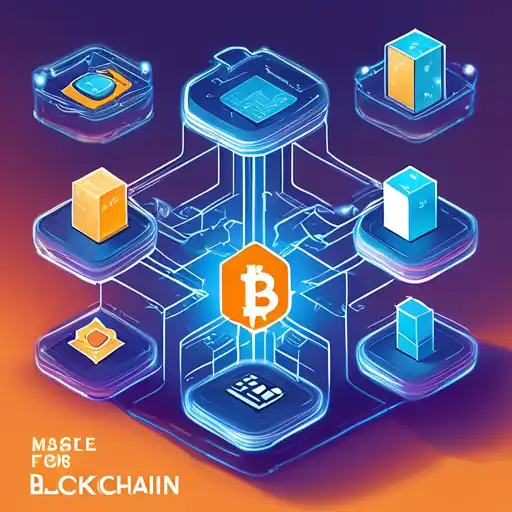What is Blockchain?
Blockchain technology is a decentralized digital ledger that records transactions across many computers in such a way that the registered transactions cannot be altered retroactively. This technology is the backbone of cryptocurrencies like Bitcoin, but its potential applications extend far beyond digital currencies.
How Does Blockchain Work?
At its core, a blockchain is a chain of blocks, where each block contains a list of transactions. These blocks are linked together using cryptography, ensuring the integrity and security of the data. Once a block is added to the chain, it is extremely difficult to change, making blockchain a secure and trustworthy system.
Benefits of Blockchain Technology
Blockchain offers numerous benefits, including:
- Transparency: All transactions are visible to all participants, ensuring transparency.
- Security: The decentralized nature and cryptographic security make blockchain highly secure.
- Efficiency: Blockchain can streamline processes by eliminating intermediaries, reducing costs and increasing speed.
Blockchain Beyond Cryptocurrency
While blockchain is synonymous with cryptocurrency, its applications are vast. Industries such as healthcare, finance, and supply chain management are exploring blockchain for solutions like secure patient records, faster cross-border payments, and transparent supply chains.
Getting Started with Blockchain
For beginners interested in blockchain, starting with understanding the basics of cryptocurrencies can be a good first step. Resources like online courses, forums, and books can provide valuable insights into this transformative technology.
Conclusion
Blockchain technology is revolutionizing the way we think about digital transactions and data security. Its potential extends far beyond cryptocurrencies, offering solutions to many of today's digital challenges. As the technology continues to evolve, it's an exciting time for beginners to dive into the world of blockchain.
